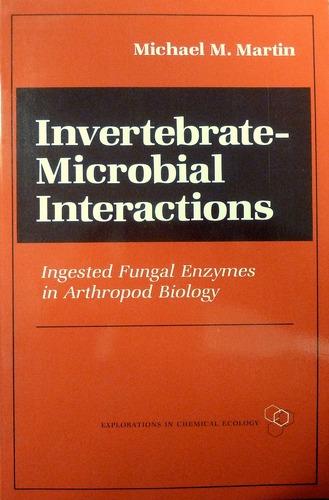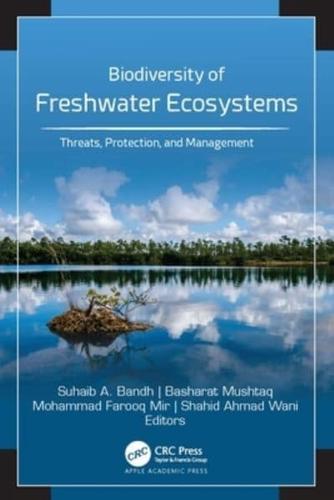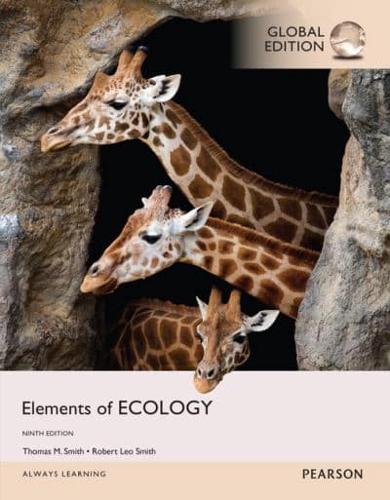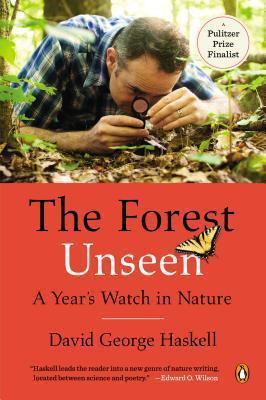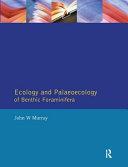Life Sciences , Ecology & Organismal Biology
Invertebrate-Microbial Interactions : Ingested Fungal Enzymes in Arthropod Biology
Arthropods that eat wood, foliage, and detritus have difficulty in digesting the cellulose in their food. A remarkable biological mechanism allows some species to overcome this problem: in eating fungal tissue they ingest cellulolytic enzymes that allow them to exploit the potential nutritive value of plant fiber. Michael M. Martin, a chemical ecologist, here describes his laboratory investigations that led to the discovery of this phenomenon and explores the insights they have produced. In his opening chapter he provided general background on the three major areas of his research: cellulose digestion in insects, insect-microbial interactions, and the biochemical bases for symbiosis. He devotes two chapters to the role of fungi in the nutrition of two groups of wood feeders, the fungus-frowing termites and the siricid woodwasps, insects involved in complex, highly coevolved mutualistic associations with fungi. In the next two chapters he discusses the importance of fungi in the dietes fo detritus feeders and in wood-feeding cerambycid beetles, insects involved casually with free-living fungi. He then concludes with a chapter on the fungus-growing ants, another group that exhibits a spectacular mutualism with fungi. Michael M. Martin is Professor of Biology at the University of Michigan, where he has held a joint appointment as Professor of Chemistry and Biology.
- Martin, Michael M.
- Cornell University Press
- 1987
- 176
- Paperback
- 9780801494598
Subcategories





